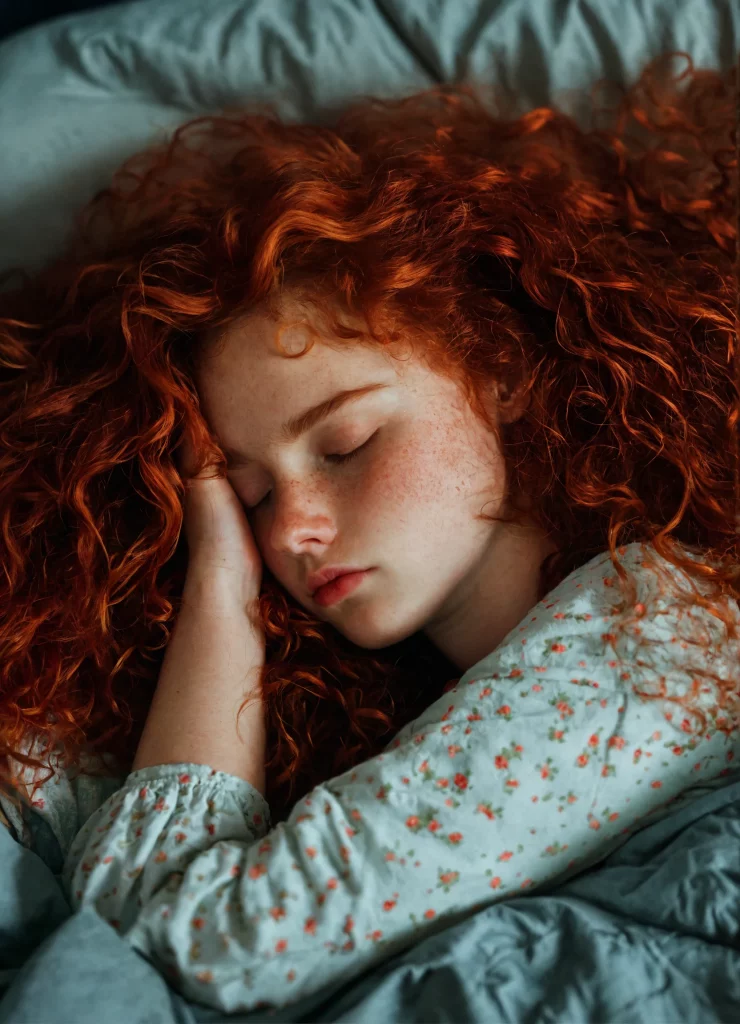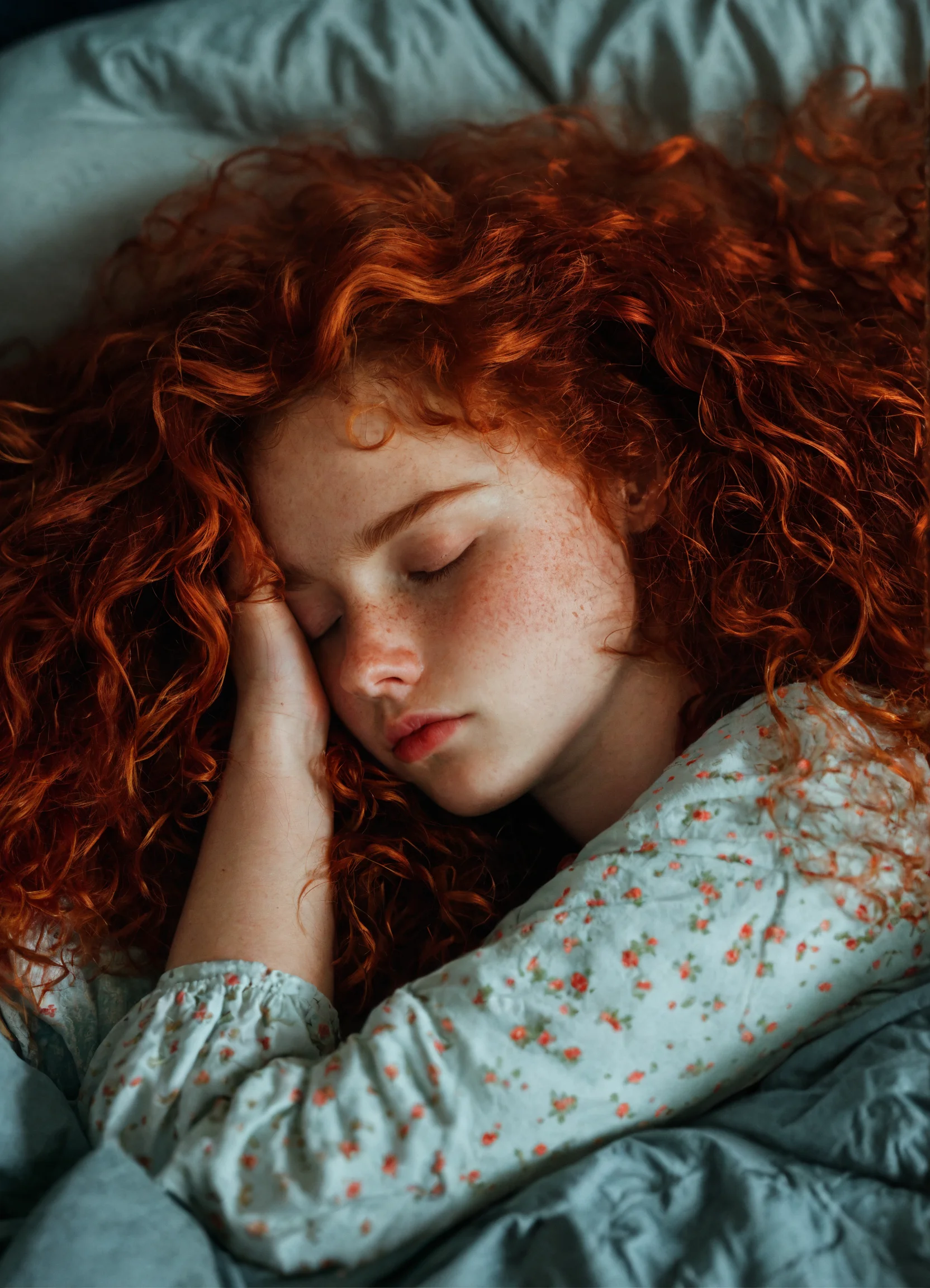Lately, my sleep has been disrupted: instead of the recommended 8 hours, I’m barely getting 4-5 hours – and then waking up. Sometimes I fall asleep at 2 am because work thoughts keep spinning in my head. Other times, I wake up at 5 am from sudden noises (thanks to my 2 kids), and I can’t drift back into the realm of Morpheus. Do such things affect how we look?

How Much Sleep Do You Need?
Some doctors use the term “core sleep” – the minimum number of hours you need under the covers to keep all bodily functions operational. It’s considered that the norm for an adult is six hours. Anything more is sleep for pleasure, helping us feel good. Anything less is a cause for the development of mental and somatic diseases. Sleep lasting less than five hours (hyposomnia) or disrupting the physiological structure is considered a risk factor for insomnia.
What Do Studies Say?
Research shows that those who sleep less (less than 5 hours) experience faster moisture evaporation from the skin, and the barrier function recovers 30% worse. Another downside of sleep deprivation: when we sleep less, the physiological regeneration of the epidermis slows down (as does collagen production). As a result, you may end up with more wrinkles over time than if you consistently slept 6-8 hours. Even one sleepless night affects how we look. Noticeable signs of fatigue appear – puffy eyes, pale skin, and even downturned corners of the mouth. Scientists have also found that two days of sleep deprivation negatively affect how trustworthy others perceive us.
By the way, sleep hygiene rules can be found on many websites, such as the World Sleep Day page. If you’re reading this post while scrolling through your feed at 2 am – close your eyes now!


Leave a Reply